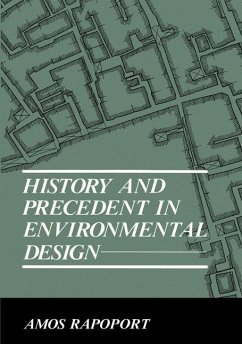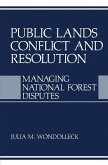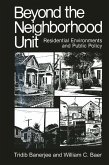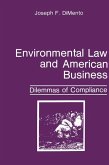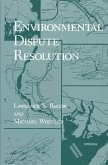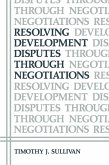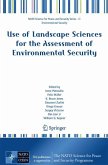This book is about a new and different way of approaching and studying the history of the built environment and the use of historical precedents in design. However, although what I am proposing is new for what is currently called architectural history, both my approach and even my conclusions are not that new in other fields, as I discovered when I attempted to find supporting evidence. _ In fact, of all the disciplines dealing with various aspects of the study of the past, architectural history seems to have changed least in the ways I am advocating. There is currently a revival of interest in the history of architecture and urban form; a similar interest applies to theory, vernacular design, and culture-environment relations. After years of neglect, the study of history and the use of historical precedent are again becoming important. However, that interest has not led to new approaches to the subject, nor have its bases been examined. This I try to do. In so doing, I discuss amore rigorous and, I would argue, a more valid way of looking at historical data and hence of using such data in a theory of the built environment and as precedent in environmental design. Underlying this is my view of Environment-Behavior Studies CEBS) as an emerging theory rather than as data to help design based on current "theory. " Although this will be the subject of another book, a summary statement of this position may be useful.
Hinweis: Dieser Artikel kann nur an eine deutsche Lieferadresse ausgeliefert werden.
Hinweis: Dieser Artikel kann nur an eine deutsche Lieferadresse ausgeliefert werden.

